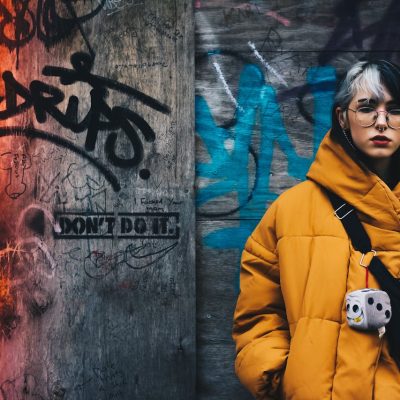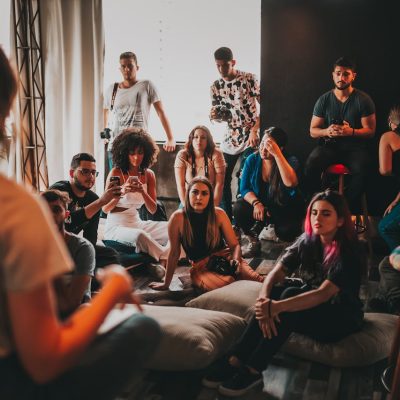The Impact COVID-19 Has Had On the Fashion Industry

Virtually all industries have been significantly impacted by the coronavirus and the global pandemic it has caused. This includes businesses closing down because they were deemed non-essential, an increased strain on healthcare services, and grocery stores needing to change their hours and tactics for re-stocking product. Needless to say, the fashion industry has also been impacted.
Although discussing the fashion world might seem frivolous when it’s compared against front-line workers that are saving lives, this industry plays a big role in the economy and is a haven for creative workers. If the industry were to deteriorate, it would have a major impact on the economy worldwide. There are millions of designers, tailors, artists, and other workers that would be left furloughed or unemployed – Elle Courbee, Zara, Luis Vitton, all of these businesses have been affected.
Of course, not all countries have been impacted by COVID-19 in the same way. In the United Kingdom, it is recommended that people work from home when possible. In industries where it is not an option, the lockdown measures encourage workers to return to their jobs. Rules surrounding outdoor leisure and exercise have also been relaxed.
Even though lockdown restrictions aren’t as strict as they once were, and have even been lifted in countries such as France, the pandemic is far from over. Currently, it is difficult to see what the outcome for the fashion industry is likely to be.
Luxury fashion groups have donated billions, and Bangladesh may be on the verge of a humanitarian crisis. The fashion world is in flux, and these are some ways in which the industry has adapted.
Shoppers in France Wait in Line to Purchase Fashion Items After Lockdown Restrictions Lift
In France, Twitter users shared photos and video footage of shoppers waiting in line outside of fashion retailers after restrictions lifted on May 11. Lines formed outside many shops, including Louis Vuitton and Zara.
According to The Telegraph, the Zara store in Paris hung up a poster reading “Happy to see you again!” At department store BHV, shoppers were instructed to wear masks and use hand sanitiser.
A number of people were concerned to see so many shoppers immediately returning to shops after they reopened. Of course, business isn’t just back to normal. In many parts of France, such as Paris, there are stricter restrictions. The country is divided into red and green zones.
Still, the restriction lifts in France can provide valuable information for the fashion industry in Europe. It can give the industry a better understanding of how consumers are likely to react.
Many people feel overwhelmed by the pandemic, especially people that work in industries deemed non-essential. However, many fashion celebrities and influencers have looked for ways to give back.
As an example, stylists like Bettina Looney and Anna Rosa Vitello ran wardrobe clear outs on Instagram. They donated the money they earned to Help Them Help Us and Doctors Without Borders.
According to Looney, the goal of the clear out was to raise money for charities in an interactive, appealing way.
Looney talked about how fashion isn’t just something she is passionate about. It’s also an excellent way to give back to the people around you. She said that the response to the event was very positive. She and Vitello intend to continue to host clear out sales once each week, on Mondays, for as long as possible. They will be partnering with small brands so that they can raise more money for charities.
Orders Cancelled in Bangladesh
Because sales have decreased and stores have closed, an estimated 2.8 billion (£2.26) in orders has been cancelled from suppliers in Bangladesh. The effects of this could be devastating, and it could even lead to a humanitarian crisis.









